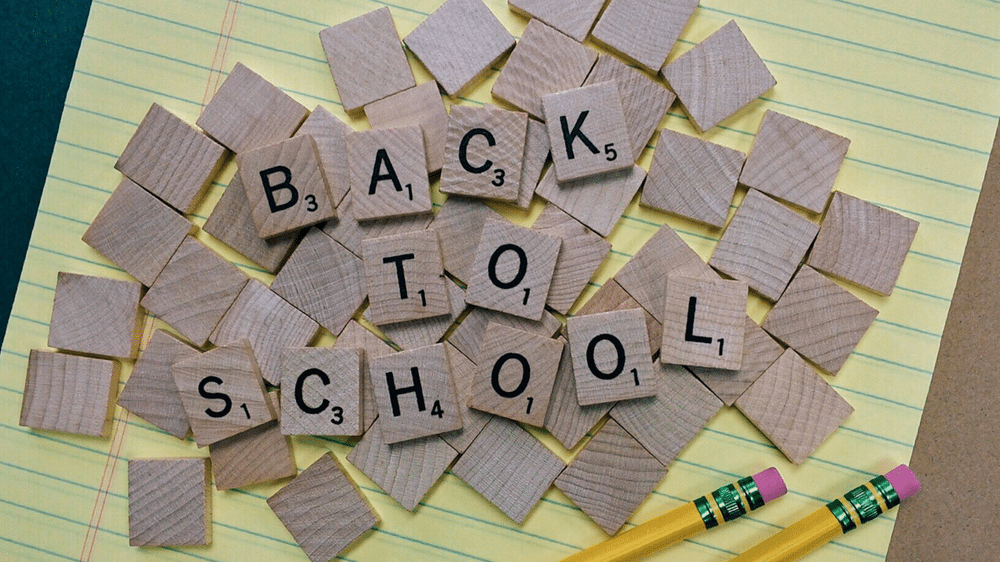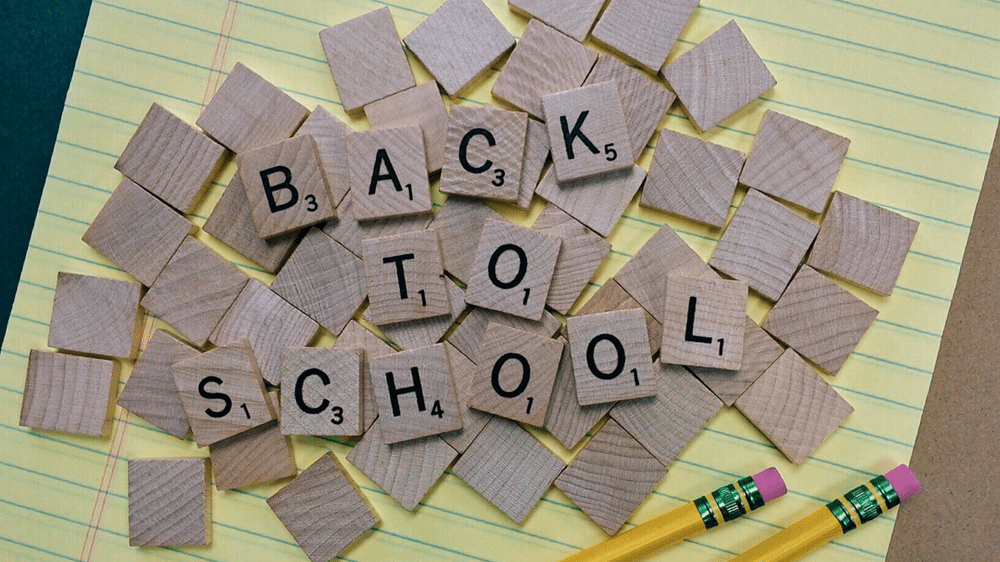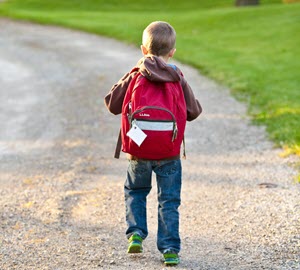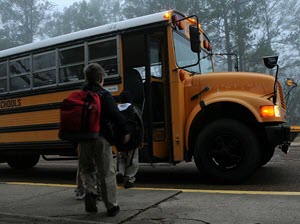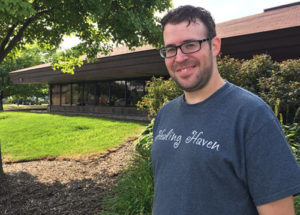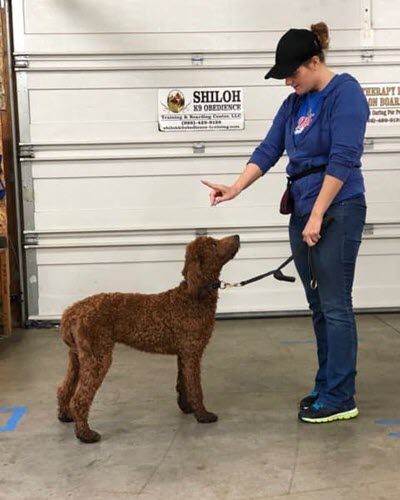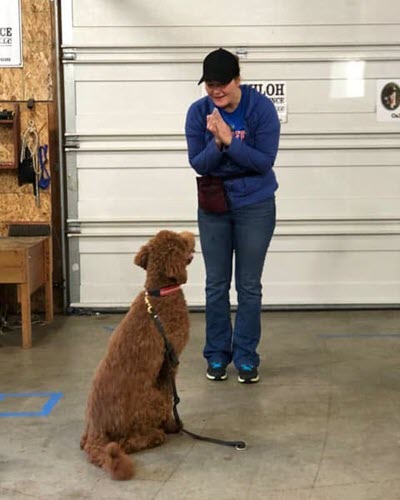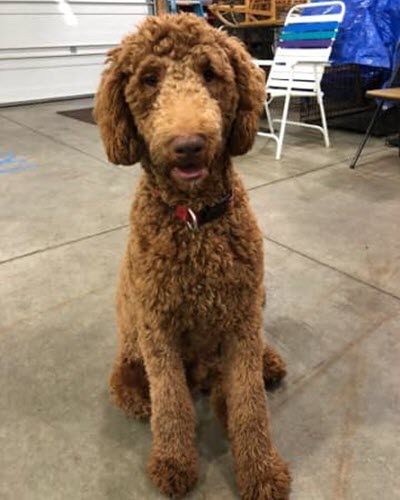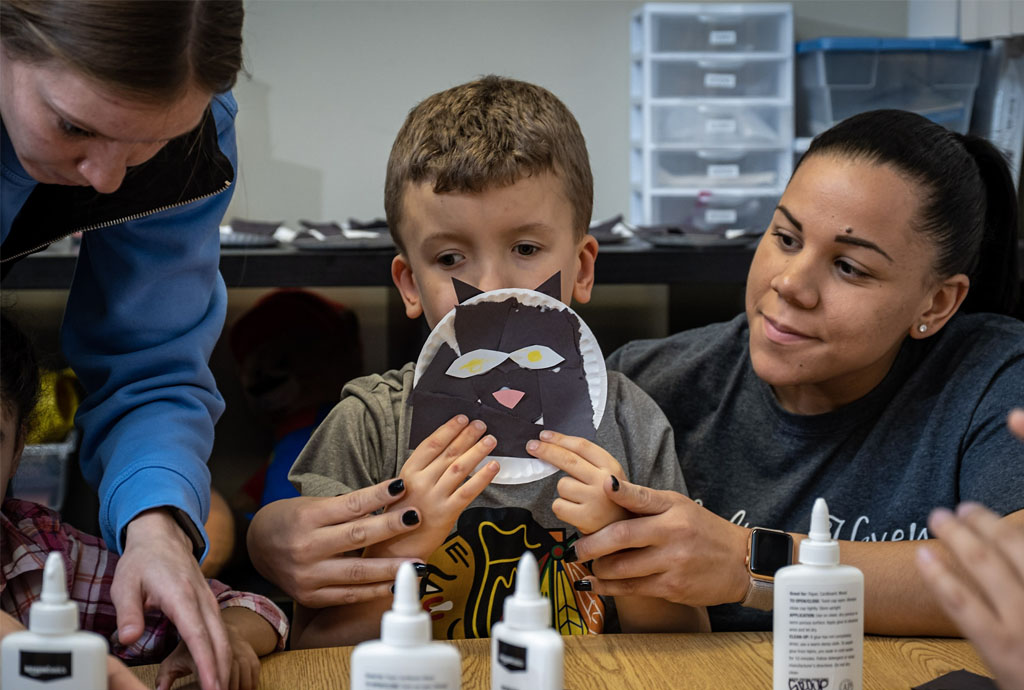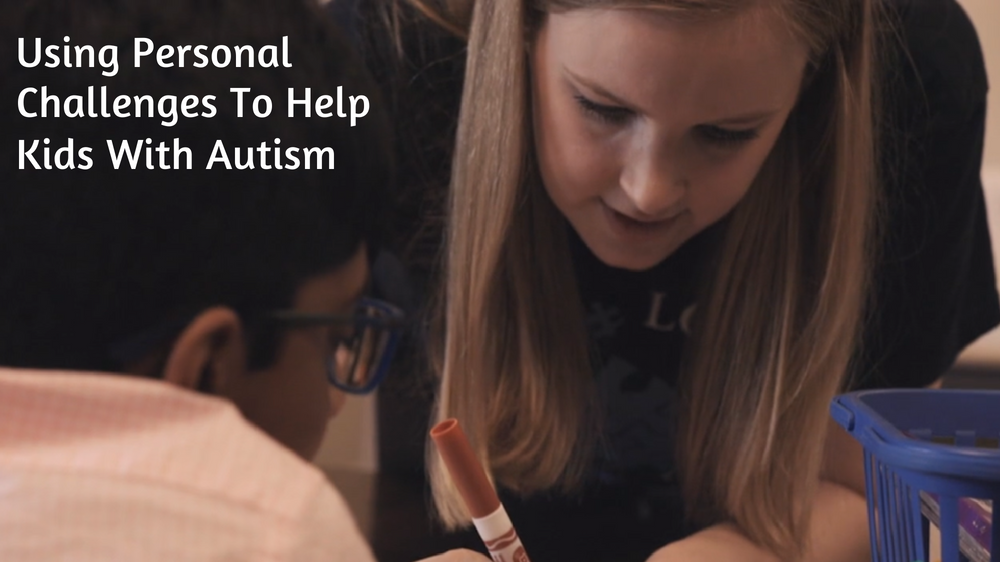
The holiday season also means gift-giving season for many. And for families who have someone with autism, finding a great gift may seem daunting. So we’ve asked our expert staff for their top picks of gift ideas for kids and teens with autism. We’ve compiled quite a varied list, so hopefully there’s at least one item that will fit your loved one!
Get Moving Gifts
A mini-trampoline with a handlebar is on our Occupational Therapist’s list because it provides a great way to improve your child’s motor skills, coordination and sensory processing. The repetitive bouncing motion helps children learn over time how to read impulses from their different sensory systems. It can be used inside during the cold winter months and outside during the summer.
One of our BCBA’s picks for a great holiday gift is a body sock. Often used by Occupational Therapists, they can also be a wonderful toy and tool at home. A body sock provides resistance and calming deep pressure input to the proprioceptive and tactile systems. They are used for sensory regulation, calming kids who may be overwhelmed or overstimulated. It’s also great for helping kids with spatial awareness – where their body is in space. Check out this blog post from The Inspired Tree House for some ideas on how you can use a body sock with your child.
A lightweight tunnel for kids to crawl through helps develop arm and leg muscles and gross motor skills. It also collapses down for easy storage at home.
Calming/Sensory Gifts
Weighted blankets have become quite popular in recent years. One of our OT’s recommends them because of the deep touch pressure they provide. Weighted blankets can help kids with anxiety, autism, sensory processing disorder, stress and poor sleep. Choose a blanket weight corresponding with your child’s weight – 8-12% of total body weight. So a 5lb. blanket is recommended for a 42-63lb child. And this example is easily machine washable while providing soft, tactile input.
One of our former ABA Therapists turned counselor recommends this 3D printed moon design light for the calming light it provides for your child’s bedroom.
Clothes are always a useful and practical gift. When shopping for kids and teens with autism, another one of our BCBA’s recommends choosing cotton clothes that have no tags. And some companies, like Target and Tommy Hilfiger, are coming out with adaptive clothing lines designed for those with sensory and fine motor needs.
Fine Motor
A great way to help your child work independently at home, while also working on fine motor and visual integration are jigsaw puzzles. One of our BCBAs recommends choosing puzzles with a favorite character to keep their interest – like this Marvel Comics puzzle, or this Disney set. And puzzles are also a great way to encourage social interaction when they work with a peer.
Kinetic sand (or moon sand) sticks to itself, but not to your hands or other things. Recommended by one of our Occupational Therapists, this is a great tactile activity – kids can squeeze it, shape it and create things without making a huge mess. And unlike Playdough, this Kinetic sand is gluten free, which is helpful for the many individuals with autism who adhere to specific diets.
Stocking Stuffers
- The ultimate fidget spinner – this Atesson spinner has stainless steel bearings and can spin for 4-10 minutes!
- Therapy putty is a go-to choice for occupational and behavior therapists for the fine motor building and tactile input it provides.
- Many kids with autism seek oral motor input. These chew brick necklaces are both popular and functional.
We hope these ideas help you find not only a gift that is helpful for your child, grandchild, niece or nephew, but also something they will have fun with! And if you have a gift idea for someone with autism, please share it in the comments below!






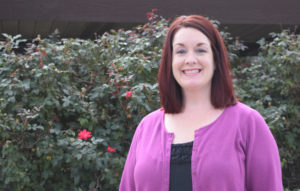 In order to become a Board Certified Behavior Analyst, Julie went back to school to earn her post-graduate certificate in ABA. This required her to take five courses and accumulate 1500 hours in supervision. She took courses while working full-time and she also became pregnant with her first child. When she was finally able to sit for the BCBA exam, Julie was juggling her full-time job and having a two-year-old at home.
In order to become a Board Certified Behavior Analyst, Julie went back to school to earn her post-graduate certificate in ABA. This required her to take five courses and accumulate 1500 hours in supervision. She took courses while working full-time and she also became pregnant with her first child. When she was finally able to sit for the BCBA exam, Julie was juggling her full-time job and having a two-year-old at home.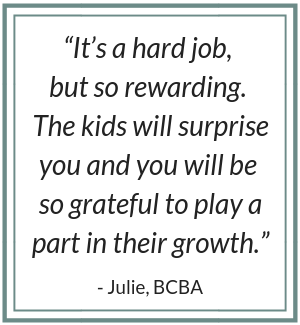 With Julie’s knowledge of working at another ABA provider, she recommends you find a very strong practicum experience. She explains, “Every organization is different, so be sure to find a supportive environment where you can learn from high quality professionals.” She also provides encouragement about the reality of working in ABA, “It’s a hard job, but so rewarding. The kids will surprise you and you will be so grateful to play a part in their growth.”
With Julie’s knowledge of working at another ABA provider, she recommends you find a very strong practicum experience. She explains, “Every organization is different, so be sure to find a supportive environment where you can learn from high quality professionals.” She also provides encouragement about the reality of working in ABA, “It’s a hard job, but so rewarding. The kids will surprise you and you will be so grateful to play a part in their growth.”

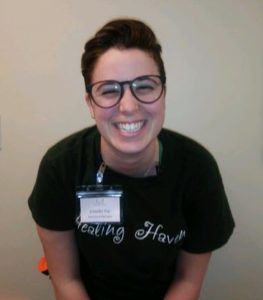 After graduating from DeSales University Jen applied to work with the
After graduating from DeSales University Jen applied to work with the 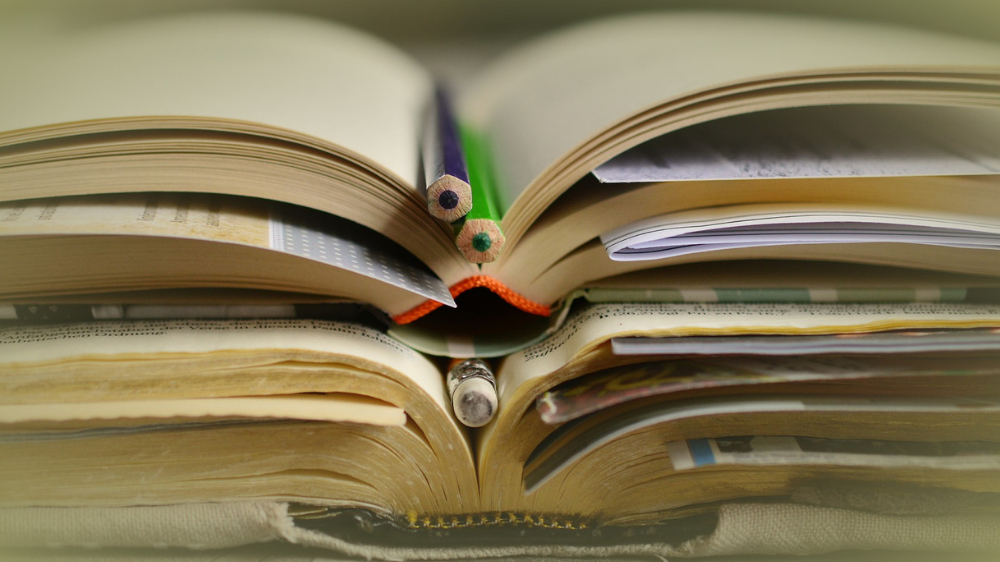
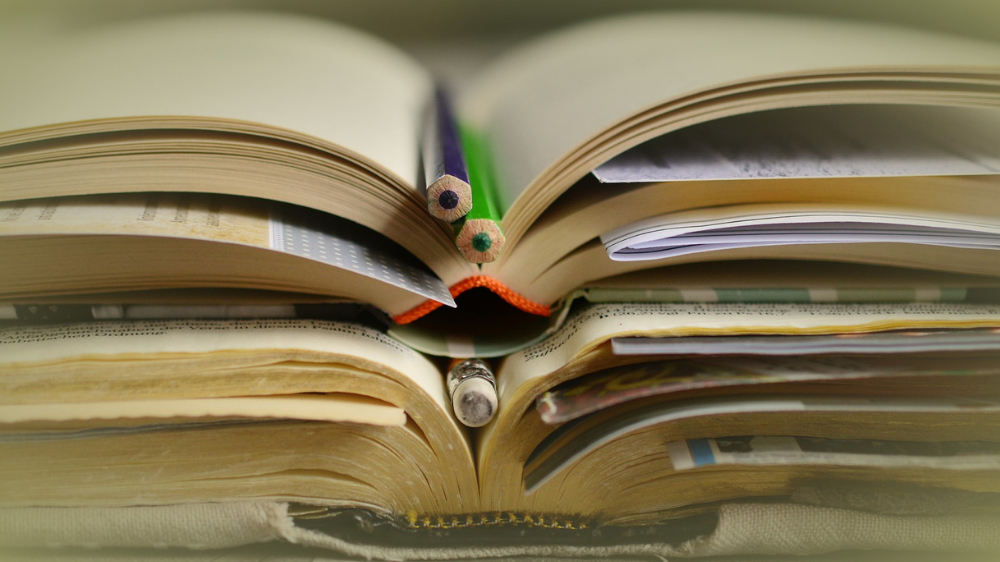

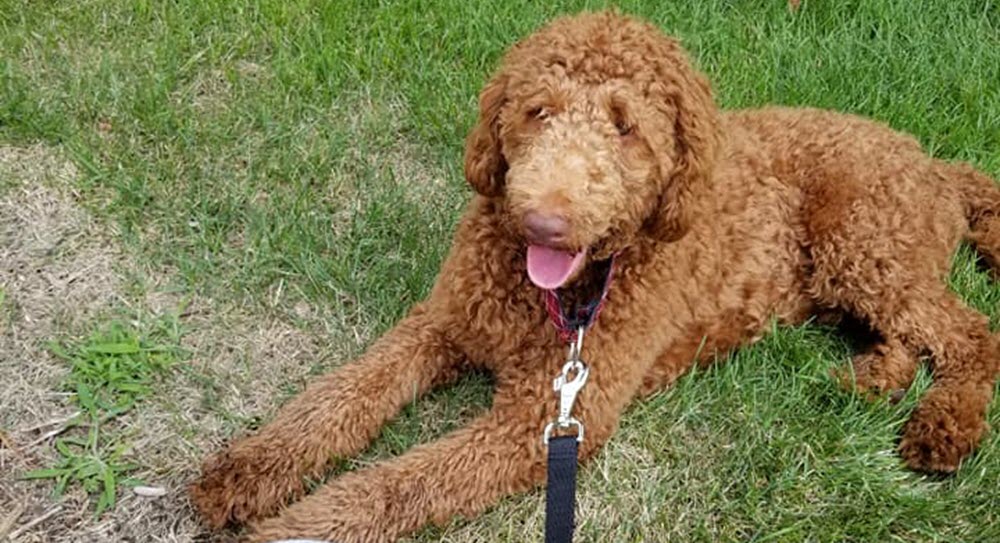
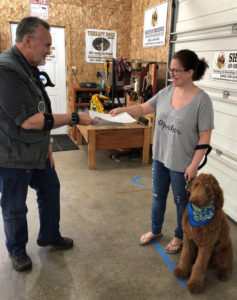 As a result of Huxley becoming too dependent and passive when Winston is around, Huxley will live and train separately from Winston. This will allow him to continue to develop his own independence, confidence and personality. His new owner is a kind social worker who intends to continue to train him to help other people.
As a result of Huxley becoming too dependent and passive when Winston is around, Huxley will live and train separately from Winston. This will allow him to continue to develop his own independence, confidence and personality. His new owner is a kind social worker who intends to continue to train him to help other people.